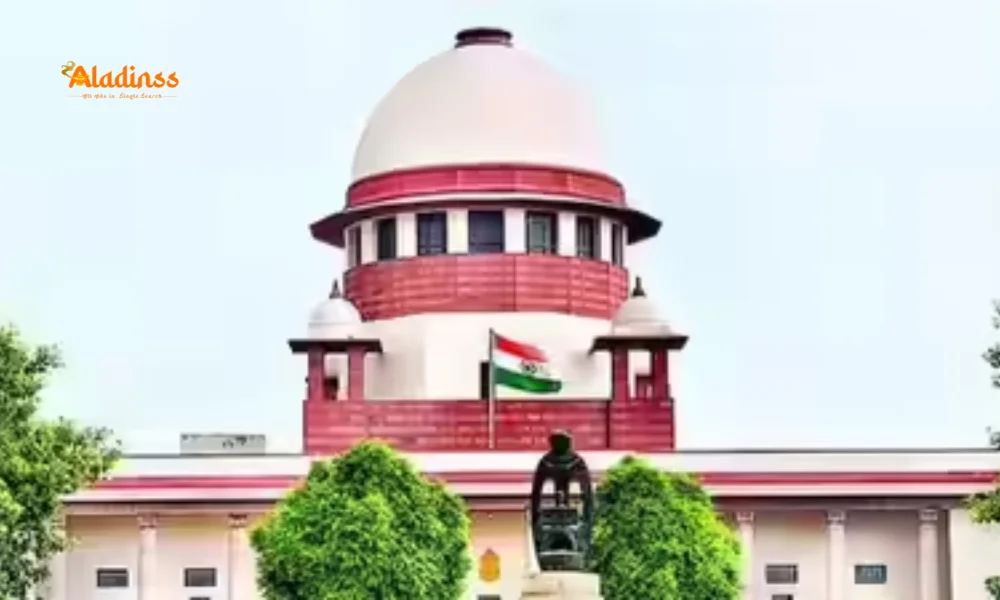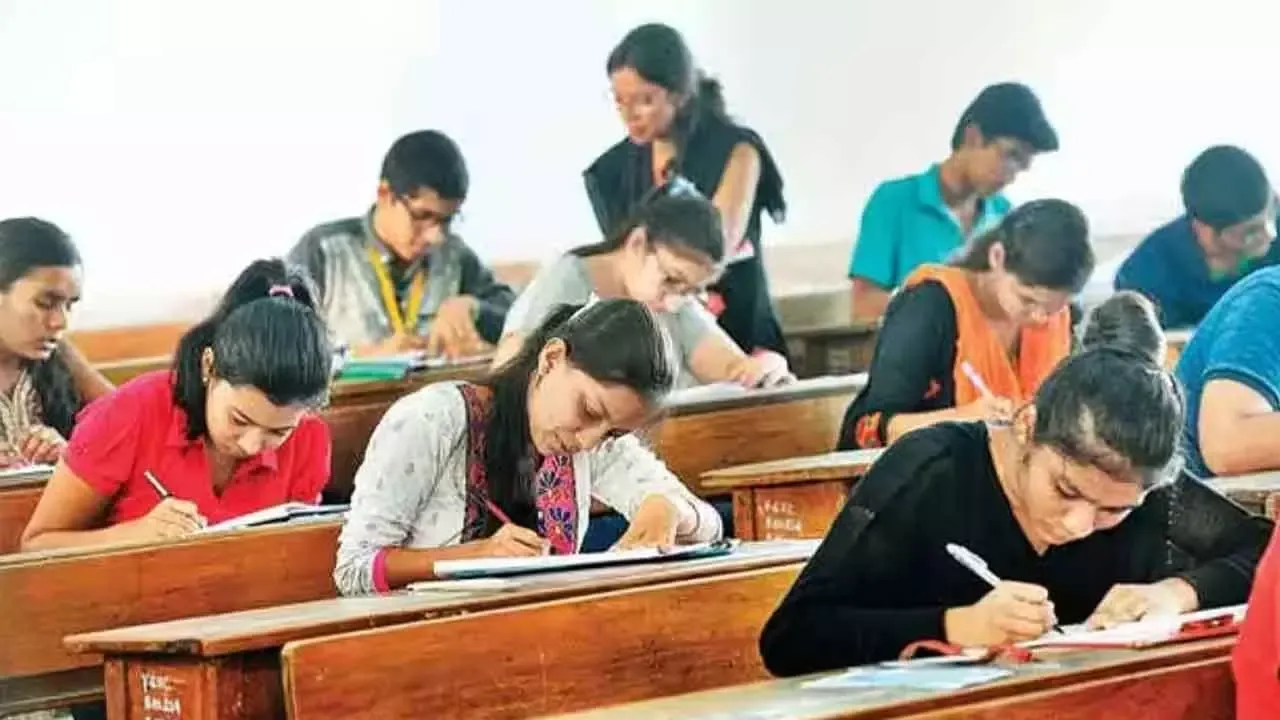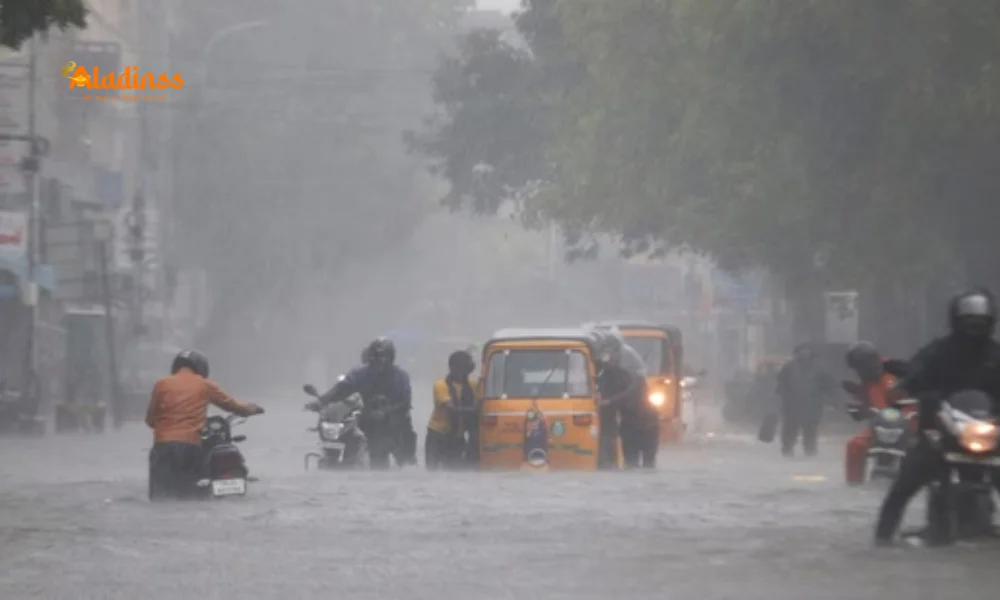Supreme Court’s TET Exam Ruling: Who Is Affected?

Supreme Court’s TET Exam Ruling: Who Is Affected?
The Supreme Court of India’s recent ruling on the Teachers Eligibility Test (TET) has sent shockwaves through the teaching community, particularly in Tamil Nadu, where the decision has significant implications for educators in government and government-aided schools. The verdict, delivered on September 1, 2025, by a bench comprising Justices Dipankar Datta and Augustine George Masih, mandates that teachers appointed before the Right to Education (RTE) Act of 2009 must pass the TET within two years to continue their service if they are under 55 years old. Those over 55 are exempt from this requirement for continued service but must pass the TET for promotions. The ruling also leaves open the question of TET applicability to minority educational institutions, which has been referred to a larger bench, sparking debates among teachers’ unions and policymakers.
Background of the TET and RTE Act
The Right to Education Act, enacted in 2009, guarantees free and compulsory education for children up to the eighth grade in India. To ensure quality education, the National Council for Teacher Education (NCTE) introduced the Teachers Eligibility Test in 2011 as a mandatory qualification for teachers in government and government-aided schools for classes 1 to 8. The TET, designed to assess candidates’ teaching aptitude, is divided into two papers: Paper 1 for teachers of classes 1 to 5 and Paper 2 for classes 6 to 8. In Tamil Nadu, the Teachers Recruitment Board (TRB) has conducted the TET since 2012, though only six exams have been held so far, despite the expectation of biannual tests.
The TET requirement was initially applied to new appointments, but debates over its applicability to existing teachers and promotions have persisted. The Madras High Court previously ruled that teachers appointed before July 29, 2011, when the NCTE made TET mandatory, were exempt from the requirement for continued service but needed to pass it for promotions. This ruling led to appeals from the Tamil Nadu government and teachers’ unions, culminating in the Supreme Court’s recent decision, which has raised concerns about job security and career progression for thousands of educators.

Details of the Supreme Court’s Ruling
The Supreme Court’s verdict addresses two primary groups of teachers: those appointed before the RTE Act and those seeking promotions. For teachers under 55 years old who joined before July 29, 2011, the court mandates passing the TET within two years to remain in service. Failure to do so could result in compulsory retirement or resignation, with terminal benefits provided only to those who have completed the qualifying service period as per government rules. This ruling affects a significant number of in-service teachers, many of whom have decades of experience but may now face the pressure of preparing for a standardized test to retain their jobs.
Teachers over 55 years old, nearing retirement, are exempt from the TET requirement to continue their service until superannuation. However, if they aspire to promotions, they must pass the TET, aligning with the court’s emphasis on maintaining teaching quality. The bench also referred the question of TET applicability to minority educational institutions to a larger bench, citing potential conflicts with their constitutional rights under Article 30, which grants minorities the right to establish and administer educational institutions. This deferral leaves the status of minority school teachers uncertain pending further adjudication.
Impact on Teachers in Tamil Nadu
In Tamil Nadu, where the TET is administered by the Teachers Recruitment Board, the Supreme Court’s ruling has sparked significant concern among teachers’ unions. Many educators, particularly those appointed before 2011, argue that requiring them to pass the TET after years of service undermines their experience and dedication. The state has conducted the TET only six times since 2012, far below the expected biannual schedule, which has led to a backlog of candidates and limited opportunities for teachers to qualify. As of March 2023, over 68,000 candidates qualified for Paper 1 and 66,000 for Paper 2 were still awaiting appointment, highlighting the scale of the challenge.
The ruling also raises questions about promotions granted before 2011. Teachers’ unions have expressed uncertainty about whether these will be retroactively affected, as the court’s order does not explicitly address pre-2011 promotions. The Tamil Nadu government’s stance remains unclear, with no official statement issued as of September 2, 2025. Teachers’ unions are planning to seek clarification and may approach the Supreme Court again if the decision threatens job security or creates unfair burdens.
Implications for Minority Institutions
The Supreme Court’s decision to refer the issue of TET applicability to minority institutions to a larger bench stems from a 2014 ruling in *Pramati Educational and Cultural Trust v. Union of India*, which exempted minority schools from certain RTE Act provisions. Minority institutions argue that mandating the TET infringes on their constitutional right to manage their educational systems. The court’s hesitation to rule definitively on this matter reflects the complexity of balancing teacher quality standards with minority rights, leaving thousands of teachers in these institutions in limbo until a larger bench decides.
This aspect of the ruling has significant implications for Tamil Nadu, where minority-run schools, particularly those operated by religious organizations, play a prominent role in education. Until the larger bench delivers its verdict, the TET requirement will not apply to teachers in these institutions, creating a temporary reprieve but also uncertainty about their long-term obligations.
Teachers’ Union Reactions and Concerns
Teachers’ unions across Tamil Nadu and other states have described the Supreme Court’s ruling as “shocking” and “unfair.” Many argue that the TET, designed to assess new teachers, is not an appropriate measure for experienced educators who have served for decades without prior TET requirements. The mandate to pass the exam within two years places significant pressure on veteran teachers, particularly those who may struggle with the exam’s format or lack access to preparation resources. Union leaders have also criticized the infrequent scheduling of TET exams, which limits opportunities for teachers to comply with the court’s deadline.
The ruling has raised broader questions about the education system’s approach to teacher quality. Critics argue that the TET, while intended to standardize teaching qualifications, does not account for practical experience or alternative training programs. In Odisha, for instance, teachers appointed before 2011 were not required to pass the TET, and similar exemptions exist in other states, creating disparities in how the ruling will be implemented nationwide.
Challenges in TET Implementation
The limited frequency of TET exams in Tamil Nadu poses a significant challenge for teachers aiming to meet the Supreme Court’s two-year deadline. With only six exams conducted in over a decade, the TRB will need to significantly increase the frequency of tests to accommodate the thousands of in-service teachers now required to qualify. The exam’s rigorous nature, with a pass rate of 1-14% for the Central Teacher Eligibility Test (CTET), adds further pressure, as does the lack of widespread access to preparation materials and coaching for veteran teachers.
Additionally, the ruling has sparked debates about fairness and equity. Teachers who joined before 2011 often hold qualifications like a Diploma in Elementary Education (D.El.Ed.) or Bachelor of Education (B.Ed.), which were sufficient at the time of their appointment. Requiring them to pass a new exam could be seen as retroactively altering service conditions, a concern echoed by unions planning to seek legal recourse.
What’s Next for Tamil Nadu’s Teachers?
The Tamil Nadu government faces a complex task in implementing the Supreme Court’s ruling. It must address logistical challenges, such as increasing the frequency of TET exams and providing support for teachers to prepare. The government’s response will also need to clarify the status of pre-2011 promotions and outline measures to prevent mass retirements if teachers fail to pass the TET within the stipulated period. Teachers’ unions are urging the state to negotiate with the central government and NCTE to explore alternative qualifications or exemptions for experienced educators.
The ruling also underscores the broader goal of the RTE Act: ensuring quality education through qualified teachers. While the TET aims to standardize teaching competencies, its application to veteran teachers has sparked a debate about balancing experience with modern standards. As Tamil Nadu and other states navigate the fallout from this decision, the education community awaits further clarity on how it will reshape the teaching profession.
Comment / Reply From
No comments yet. Be the first to comment!











